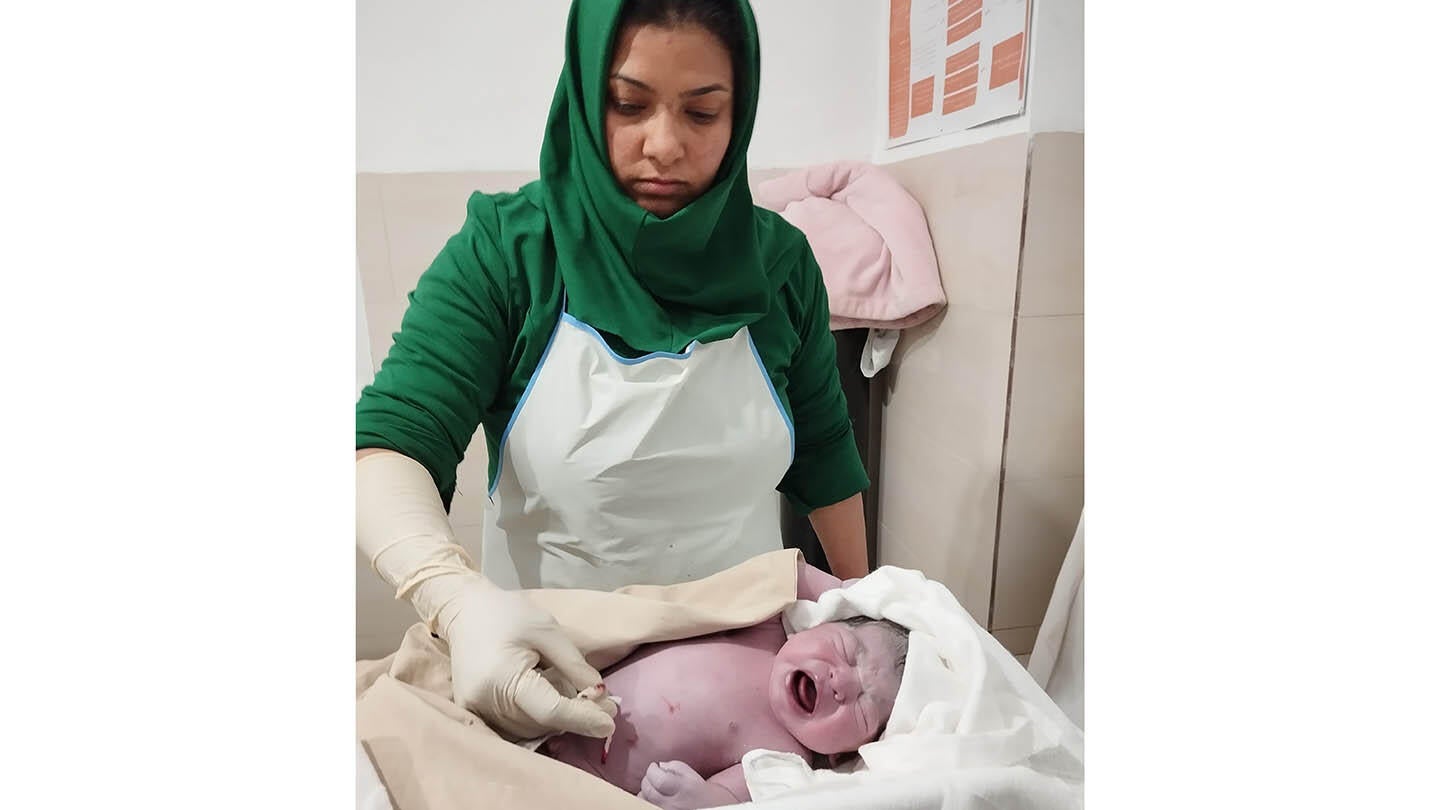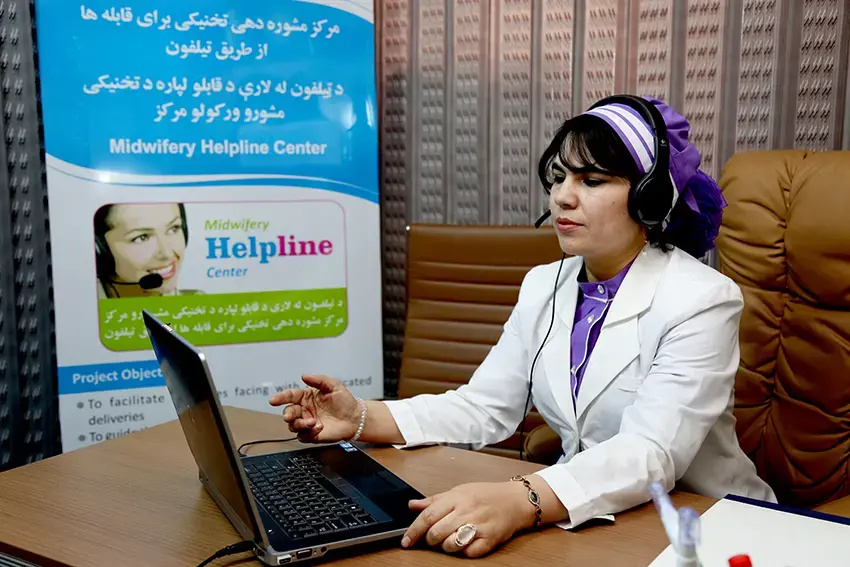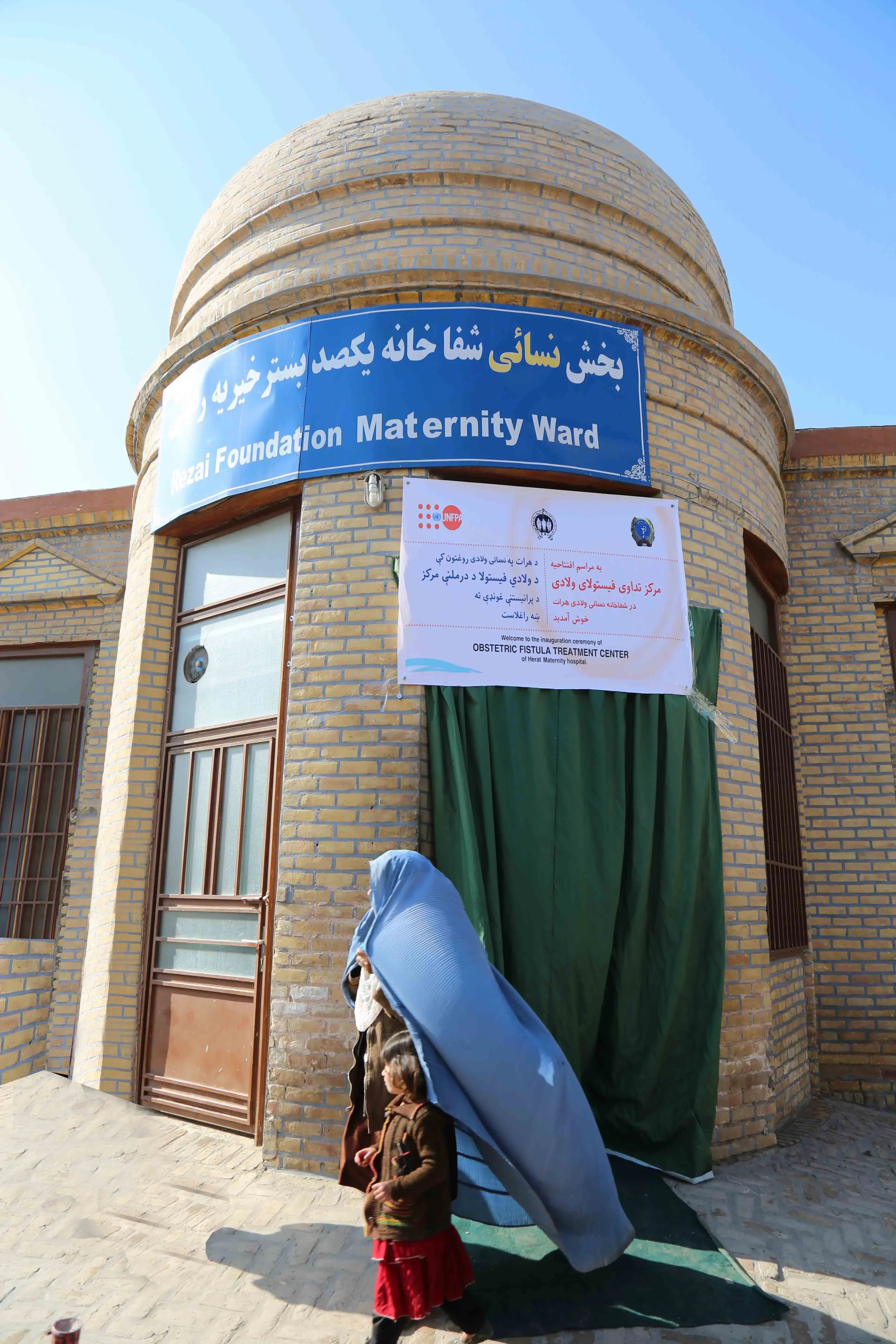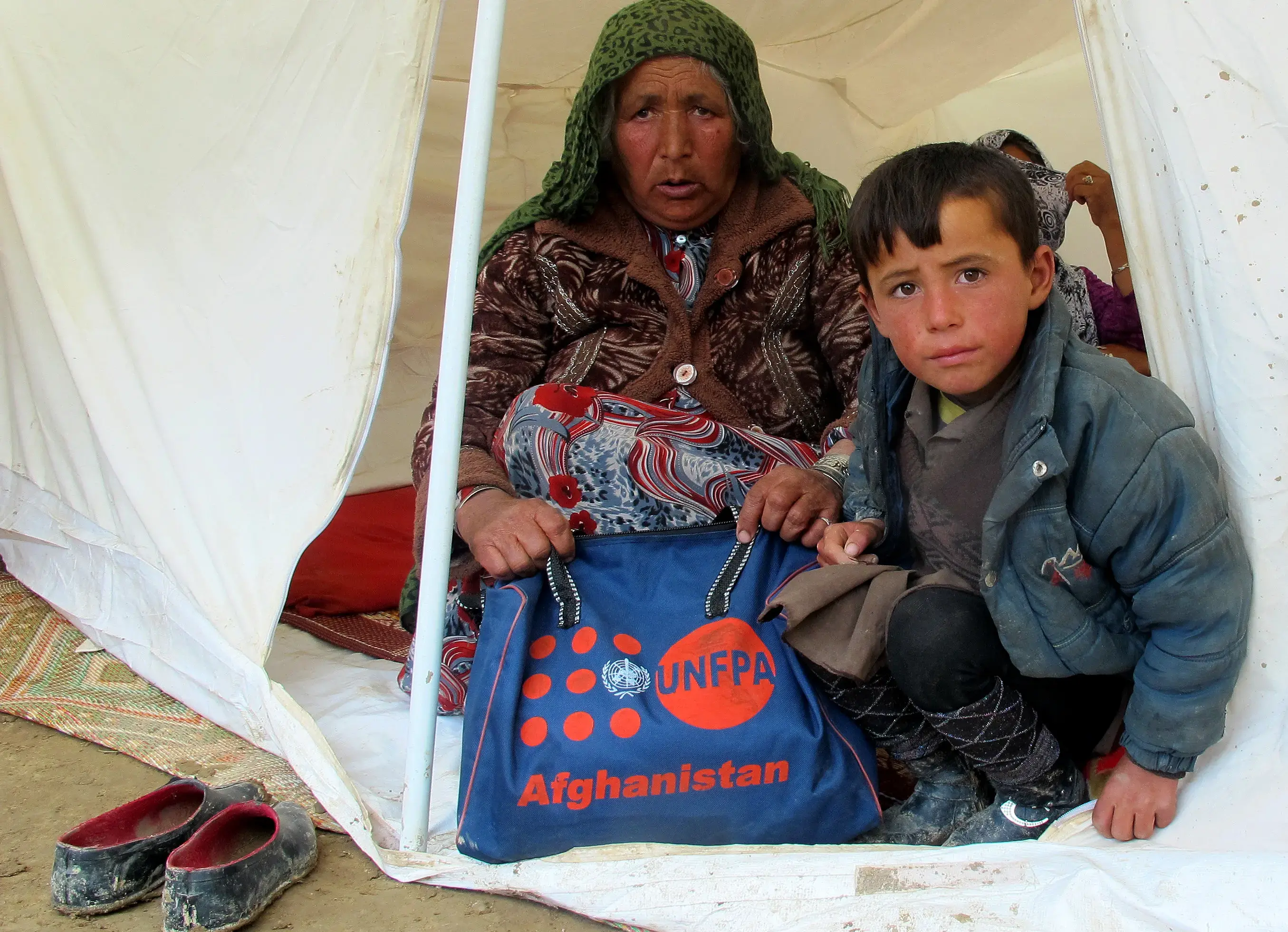Herat, Afghanistan - Taiwara, a remote village in Obe district, Herat province, with a population of 15,000, has long been cut off from essential health services due to harsh geography and a complex environment.
Yet, against the odds, a beacon of hope has emerged, powered by the sun and sustained by strong partnerships between UN agencies and communities. This is a story of how access to energy and water is transforming healthcare for women in rural Afghanistan and what it means for communities striving toward a brighter future.
Taiwara’s remote location places it far from the nearest health facility, a daunting distance for expectant mothers and those in urgent need of medical care. For many Afghan women, the barriers extend beyond geography; socio-cultural restrictions and security concerns often impose further obstacles. A 2023 analysis by UNDP revealed that only 22 per cent of women could visit health facilities unaccompanied, underscoring the tremendous need for accessible healthcare solutions.
In response to high maternal and infant mortality rates, UNFPA, the United Nations Population Fund, has established Family Health Houses (FHHs) around Afghanistan as community-based facilities to provide essential reproductive, maternal, newborn, child and adolescent health services for women and children in the most remote and under-served “white” areas of the country. However, many FHHs often struggled with unreliable power supply and inadequate water resources. Together, UNDP and UNFPA intervened with an innovative solution and partnership.
The two UN agencies collaborated to install solar power systems in 60 FHHs across Afghanistan – one of them in Taiwara. Solar panels and water heating systems were installed, coupled with the digging of water wells where necessary. This influx of renewable energy has not only ensured a continuous power supply, especially crucial during emergencies and in the dark of the night but also transformed the functionality of these health houses.

With access to electricity and water, the quality of night deliveries has improved in Taiwara, reducing birth complications and ensuring safer births. Health services now thrive under full light, creating a safe and bright environment for mothers and children.
“Prior to solar power installation, staff and patients faced significant challenges. Deliveries were difficult, nights were dark, and we had no access to water. Now, we can ensure deliveries day and night in clean and safe settings with enough water supply,” said one of the midwives excitedly.
Continuous energy flow powers a refrigeration system to preserve vaccines and medicines, strengthening the community’s defense against preventable diseases. The health facility’s surroundings have also improved, with a small garden that enhances both the food security and aesthetic appeal of the clinic.
“This initiative has significantly enhanced the quality of services by improving patient care, especially for pregnant mothers who require delivery and emergency maternal healthcare during nighttime hours,” remarked Kwabena Asante-Ntiamoah, UNFPA Country Representative in Afghanistan. “Furthermore, it plays a crucial role in environmental protection by decreasing reliance on fossil fuels and traditional energy sources, such as diesel generators.”
“Access to reliable energy and water supply is critical in delivering healthcare services, particularly in remote areas,” commented Stephen Rodriques, UNDP Resident Representative in Afghanistan. “Our solar initiative ensures that communities can rely on consistent and quality healthcare.”
In 2024, the Taiwara FHH served 73,495 people, 83 per cent of whom were women and girls and 13 per cent were male, from the community and surrounding villages in Obe District. The services were made available through the support of the USAID Bureau for Humanitarian Assistance, the US Bureau of Population, Refugee and Migration, and the Government of Italy.
Amidst Afghanistan’s complex landscape, where 69 per cent of the population faces subsistence insecurity, partnerships like this offer a glimmer of hope and a path forward.
Meanwhile, despite myriad challenges, life in Taiwara goes on, each child born under the bright lights of the FHH - a symbol of renewed possibility. Communities are now restoring long-neglected basic services. The strides made here highlight what can be achieved through donor support, joint efforts and innovation.





